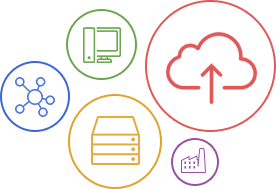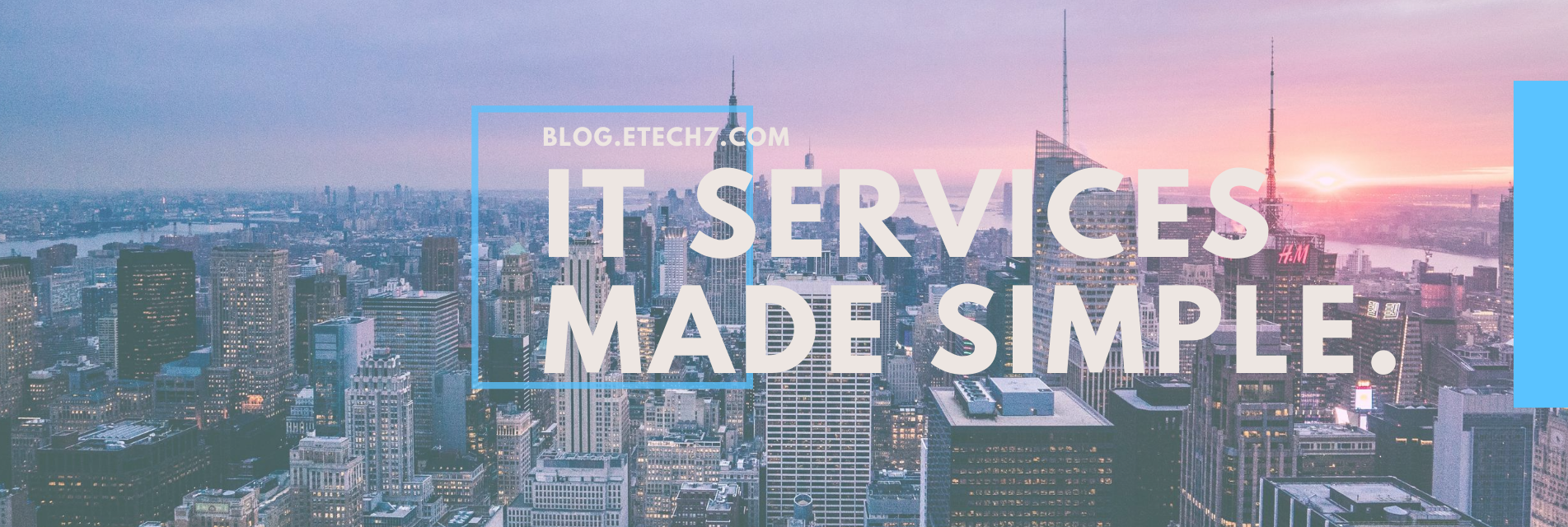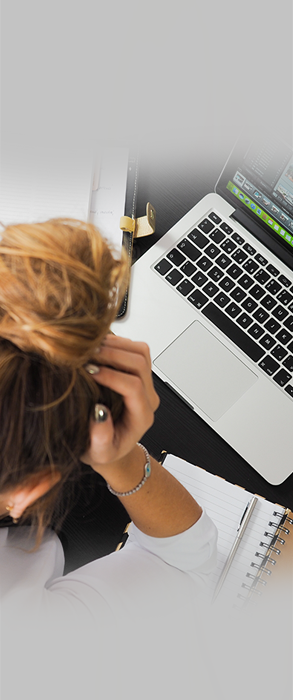.png)
If you’ve been keeping up with the latest tech news, you may have heard that it’ll be the end of an era: Windows 7 will be “shutting down” and has extended support until January 14th, 2020.
However, the popular operating system is still the 2nd most popular Windows system, relied on by millions across the globe; most significantly, many businesses continue to use it.
What exactly does this “end of life” mean, then?
The end of Windows 7 is admittedly somewhat misleading. It’s true that Windows won’t be updating the Operating System, but it’s not as if the system will be completely erased from your hard drive. What it actually means is that you’ll have to pay a monthly fee for each device in order to continue to get Windows 7 security updates. The prices for Windows Enterprise will be $25 a month, and 7 Pro will be $50 a month, each per device, and after every year the prices double.
However, this is only available to those with Windows 7 Professional packages -- so a personal laptop with Windows 7 won’t be able to get updates at all. Theoretically, you could sign up for Windows 7 Enterprise, but upgrading to Windows 10 is probably the better option. If your business does continue to use Windows 7, the prices will add up as well; Microsoft seems keen for people to make the transition to Windows 10. As you probably won’t want to pay for an increasingly outdated system, this update will indirectly be Windows 7’s bitter end. Without security updates, it’ll be a lot easier for hackers to get access to your data, making the tech obsolete.
So, obviously the cons seem to outweigh the pros. Then, why have some people insisted on keeping Windows 7 until now?
First and foremost, change is hard to welcome, and it’s a huge hassle to upgrade to a new OS for a business. The migration process often takes months. Windows 10 keeps the basic fundamentals, but if you’re used to one operating system and not very good with technology, the transition from Windows 7 can be quite difficult. It takes time to get used to something new, so many have stuck by Windows 7 -- if it functions and gets the job done, why should we have to change it?
Another huge concern, however, was because of Microsoft’s privacy policy with Windows 10. A clause said that Microsoft would “access, disclose, and preserve personal data”, which had initially caused a widespread panic as the jargon seemed something “Big Brother”-esque. However, Microsoft does not spy on your hard drive, and only collects data when you’re using their apps to improve the user experience. Because of these concerns, Microsoft has become very transparent with updating its privacy policies, and shares detailed information of what it does with your data.
Still, surveillance very relevant topic to think about in this tech-obsessed world. Data rights and protection are becoming increasingly important concerns. Nonetheless, this is a potential consequence for most platforms, not just your OS -- social media like Facebook is more of a problem than Windows 10.
Windows 10 has come far and as the newest OS from Microsoft is quite modern and sleek. Security-wise it’s also very safe, continuing to improve the default security system that comes with the OS, Windows Defender. Enterprise and Professional even come with programs such as Windows Defender Exploit Guard and Application Control.
We know all of this information can be overwhelming, though, especially if you’re not too knowledgeable on tech. If you need help setting up Windows 10, or anything else related to IT, ETech7 offers a range of managed IT services. Let us take care of it!













